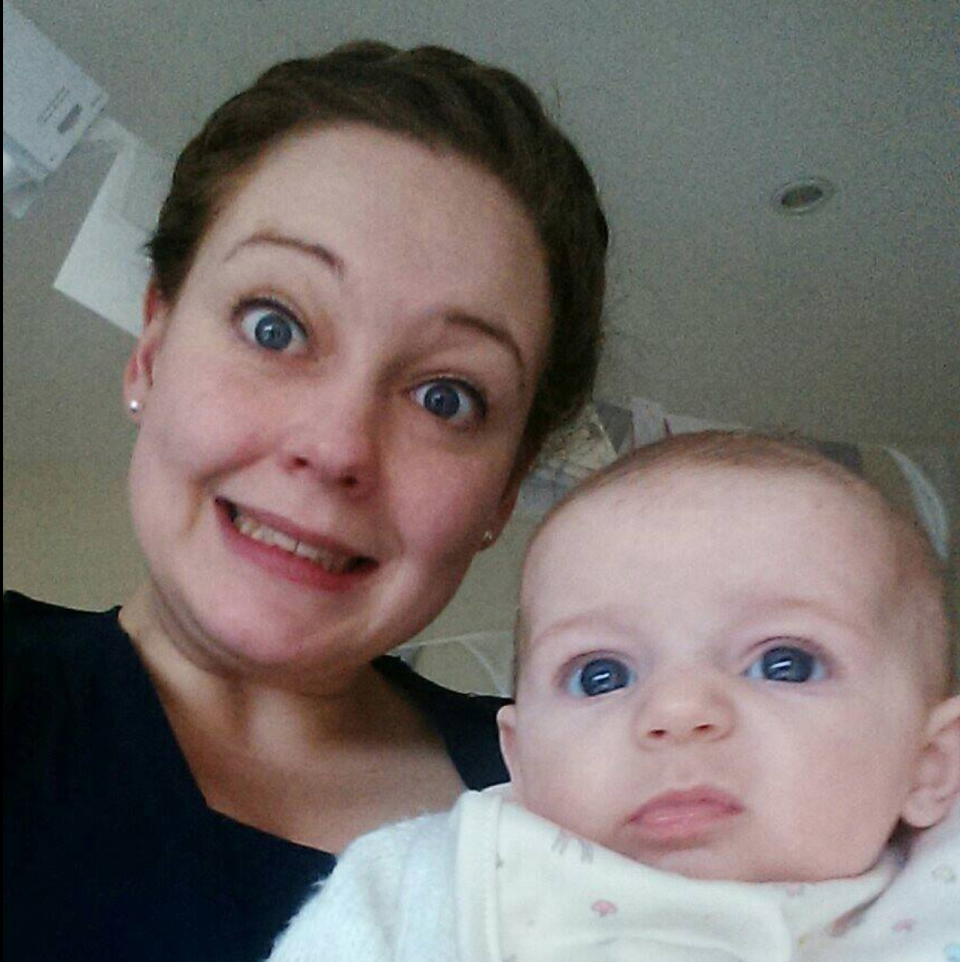Mother's difficult labour leads to three years of PTSD - 'I became worried about everything.'

Words: Elizabeth Di Filippo
A mother has been suffering from post traumatic stress disorder (PTSD) for three years after experiencing a difficult and painful labour.
Kirsty Tuthill says her experience while labouring with her daughter Elvie has caused serious emotional damage, which she attributes to feeling “abandoned” by her midwives.
The 35-year-old mother says the “short-staffed” midwives failed to give her proper attention and denied giving her pain relief, leaving her to labour for upwards of 40 hours on her own.
“My husband and I can recall how difficult it was with perfect clarity,” Tuthill told the Daily Mail. “I was essentially stuck at 2 cm for 40 hours. I went into hospital and was sent home. I was in so much pain I was vomiting and shaking. I was dismissed.”
The labour was complicated by her daughter being in an awkward position in the womb, but Tuthill says she was never told such was the case by staff, and instead told to stop “making a fuss.”
“We went back into hospital some five hours later. I was left in a four-bed room, screaming for help, with women waiting to be induced narrating my labour to their friends down the phone and laughing at me, making jokes to each other about my level of discomfort. This went on for hours,” she recalled.
“Eventually I hauled myself to the bathroom, I didn’t realise it, but I’d started pushing, she started to come out on the bathroom floor, at which point they forced me back onto the bed and magically all of a sudden I was fully dilated.”
Following the birth, the East Yorkshire resident says she “emotionally shut down” and was unable to bond with her daughter.

“It took me years to feel what other mothers describe,” Tuthill admitted. “Immediately after I became worried about everything. I did everything I could to push thoughts of the birth out of my mind, any recollection made me extremely anxious but I’d find myself ‘there’ again.”
PTSD is surprisingly common for new mothers. Approximately nine per cent of all pregnant women will develop PTSD either during or following their pregnancy, due to real or perceived traumas that include unplanned C-section, lack of support during delivery, previous history of sexual trauma and the baby needing intensive care following the birth.
Symptoms of postpartum PTSD such as flashbacks and nightmares can overlap with symptoms of postpartum depression and anxiety. Although many women recover on their own, professional treatment such as psychopharmacological and psychiatric intervention can drastically improve quality of life for women suffering.
It wasn’t until she unexpectedly became pregnant again in March of this year, that Tuthill realised she needed help.
“I cried pretty much constantly for the first 15 weeks and realised I couldn’t go through it again,” she explained.
When she was finally diagnosed with PTSD, Tuthill says she was ‘shocked’ but was grateful to begin working on healing from her painful experience through Eye Movement Desensitisation and Reprocessing therapy (EDMR) on a weekly basis.
“It helps your mind process the traumatised memories that are ‘stuck’,” Tuthill said. “I’ve gone from pushing all thoughts of the birth away and panicking when they arise to feeling neutral, and in some respects positive, about the experience.”
—Watch the latest videos from Yahoo—
Follow us on Instagram and Facebook for non-stop inspiration delivered fresh to your feed, every day. For Twitter updates, follow @YahooStyleUK.
Read more from Yahoo Style UK:
Hilary Duff opens up about the placenta smoothie she had after giving birth to her daughter
Deaths during pregnancy and post-birth on the rise after years of decline


